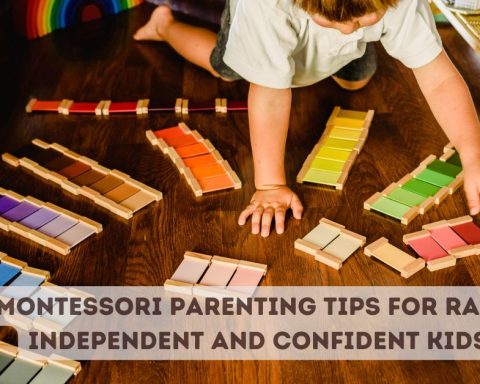A parenting style is a set of ideal strategies backed by psychology that parents should use in the process of child-rearing, and it is a behavior that can be learned or stopped when necessary. Each style generally revolves around how parents react or respond to the needs of their children. All of these strategies are meant to make parenting productive and fulfilling for both the parents and the children.
However, several factors may hinder the parents’ ability to respond to their children’s needs. According to a study by psychologists on the different parenting styles, authoritative parenting is viewed as the best of the four parenting styles because it results in psychosocial maturity and academic success.
Why Is Authoritative the Best Parenting Style?
So, what are the key highlights of authoritative parenting, and why is it the most preferred parenting style among psychologists? First, authoritative parenting is characterized by high responsiveness and high demands. The parents are especially attentive to their children’s needs. They set limits, high standards, and clear boundaries. Furthermore, authoritative parenting relies on mutual consent between the parents and their children, and positive reinforcement is the key propeller.
Highlights of Authoritative Parenting Style
According to research on the impact of authoritative parenting, the following key points are crucial in the all-round development of the child:
- Reasoning with the child. Instead of demanding expectations from their children, authoritative parents listen to their children’s needs and apply them to their set standards. The parents make adjustments if necessary to help children cope rather than impose blind obedience.
- Punishment is fair and only when necessary. Authoritative parents do not use corporal punishment nor do they believe in the notion that punishment shapes behavior. Expectations are set through a mutual agreement between the parents and children. If children fail to meet these expectations, punishment is applied, but punishment is rare and minimal.
- Positive reinforcement of behavior. Good behavior is met with a positive reward, and thus children are encouraged to behave well.
- Encouragement of self-dependence and autonomy. Children are encouraged to participate in activities that develop responsibility and involvement. Parents allow their children to express their interests and encourage them along their path.
- Clear behavioral limits and boundaries. Children are trained to behave within set limits, resulting in easier behavioral management and control.
- Mutual respect. Parents respect their children’s wishes and help them build upon them. In return, children respect their parents’ wishes. Therefore, mutual respect is earned and not demanded.
As a result, children of authoritative parents:
- Perform well academically.
- Thrive in social interactions.
- Are emotionally stable and reliable.
- Have great mental development void of stress, anxiety, depression, and substance abuse.
- Engage in activities that promote peer social competence.
In short, there is no better parenting style than authoritative parenting. Psychologists advise that most parents utilize this style because it is the best at producing children who are psychosocially competent and intellectually successful.
References
- Steinberg, Laurence, Julie D. Elmen, and Nina S. Mounts. “Authoritative Parenting, Psychosocial Maturity, and Academic Success among Adolescents.” Child Development (1989): 1424–1436. Retrieved from https://www.jstor.org/stable/1130932
- Gray, Marjory Roberts, and Laurence Steinberg. “Unpacking Authoritative Parenting: Reassessing a Multidimensional Construct.” Journal of Marriage and the Family (1999): 574–587. Retrieved from DOI: 10.1371/journal.pone.0193471








